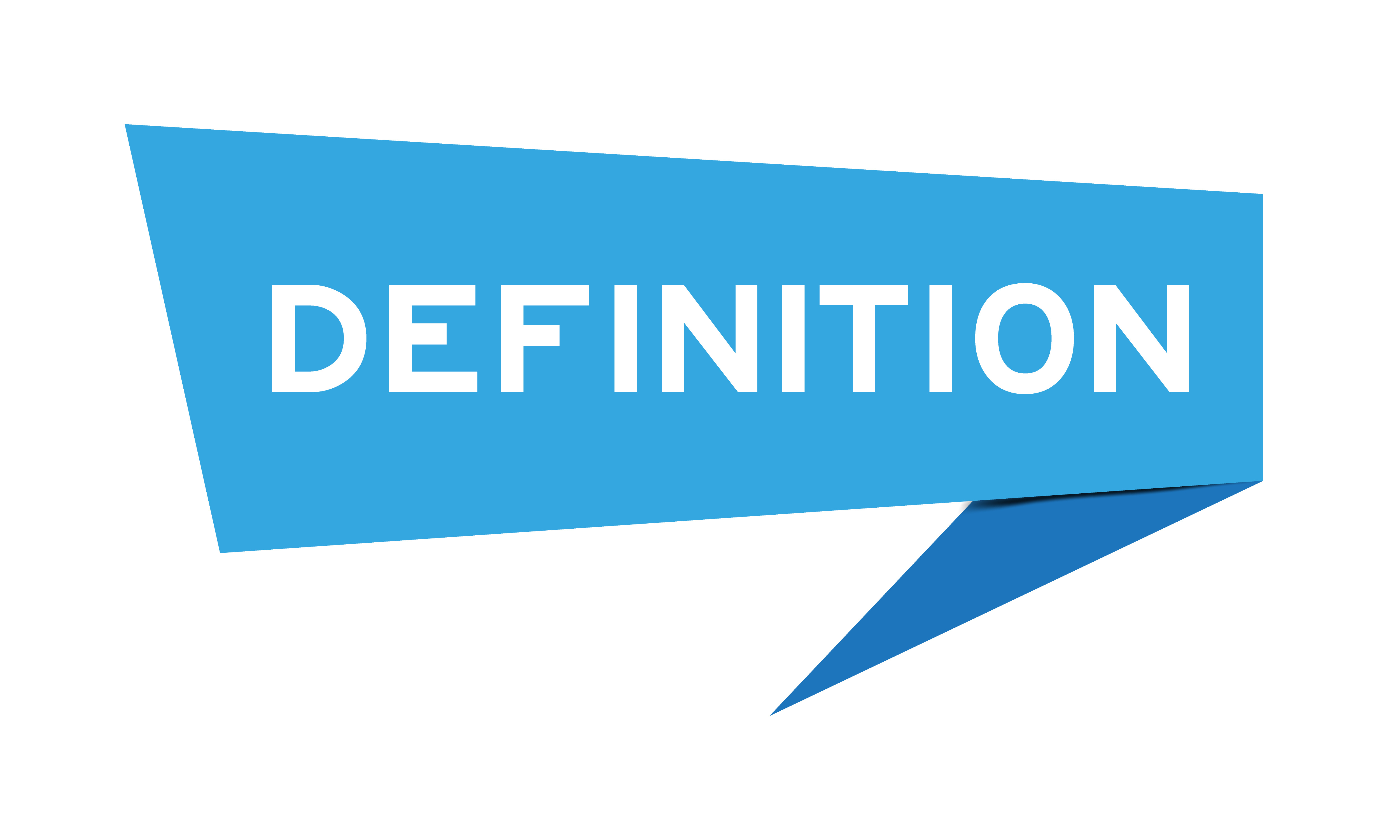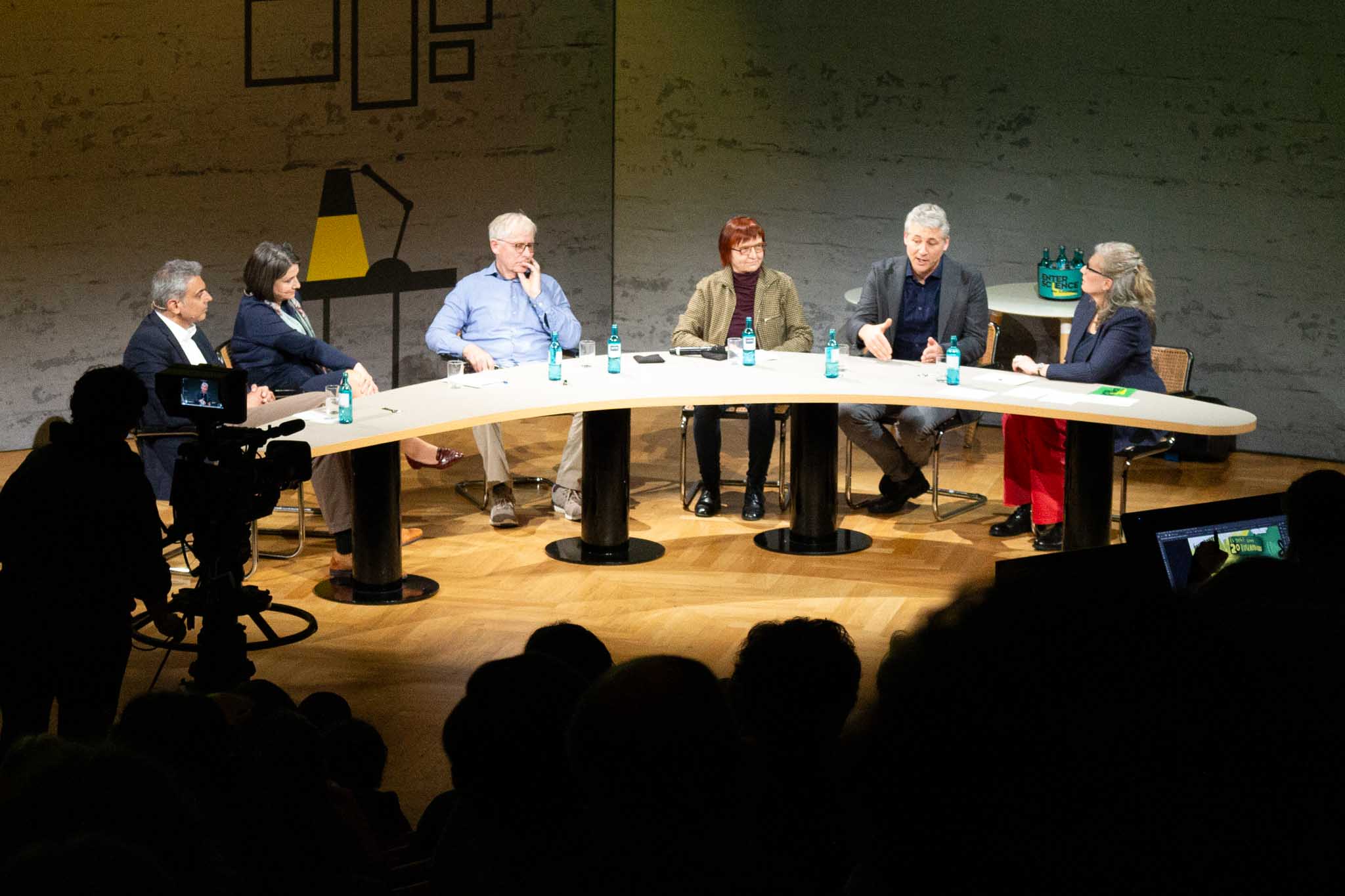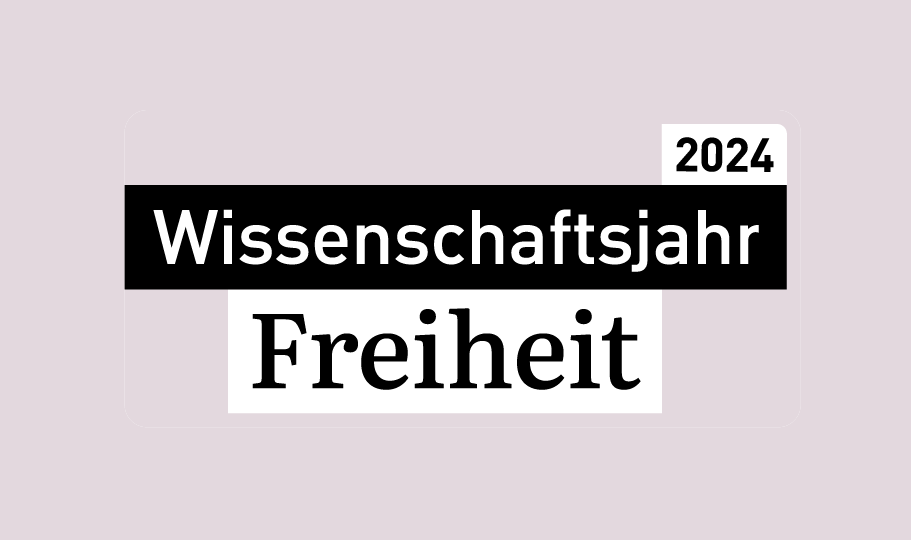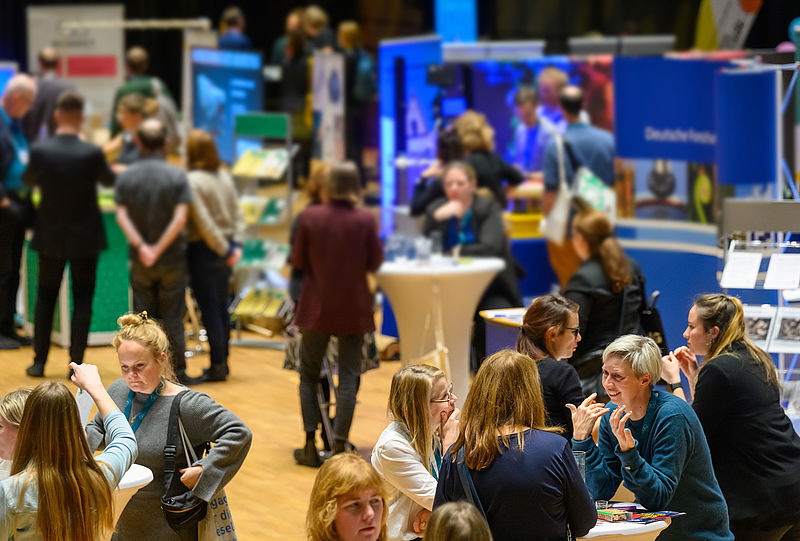Science Communication
The DFG firmly believes that publicly funded research has the responsibility to inform the public at large about its findings in a suitable form. Science communication fosters mutual understanding and trust between the research community and the various social groups, helping ensure that research findings are incorporated in opinion-forming and decision-making processes in society.
For this reason, the DFG is committed to promoting dialogue between the research community and the public as part of its statutory mission. It also supports the researchers it funds in all disciplines in presenting their research questions, working methods and findings to the public in a way that is transparent and accessible.
What you will find on this page:
- How does the DFG define science communication(externer Link)
- What are the principles underlying the DFG’s funding of science communication(externer Link)
- How does the DFG fund science communication(externer Link)
- What else does the DFG do in the area of science communication(externer Link)
How does the DFG define science communication?

© Adobe Stock / bankrx
The DFG understands science communication to mean dialogue and interaction between members of the research community and external target groups. Science communication sheds light on the defining aspects of research work, the topics and methods used in the various scientific disciplines, and the insights generated.
In addition, science communication highlights the role of science in addressing and responding to the challenges faced by society, while at the same time enabling the research community to draw on dialogue with target audiences to receive feedback that can in turn provide impetus for research and help define the role of research in society. As such, science communication is founded on a mutually beneficial relationship.
What are the principles underlying the DFG’s funding of science communication?
-

© Adobe Stock / TStudious
The DFG encourages the researchers it funds to actively pursue science communication in connection with their research.
- Funding is provided for research communication under all the DFG’s funding programmes on request and is adapted to the needs of the research community as effectively as possible.
- The DFG regards the funding of research communication as a voluntary offering: whether and in what form DFG-funded projects communicate their research questions, methods or findings is a matter for the researchers themselves to decide.
- In the case of large-scale collaborative projects dedicated to questions of overarching interest that receive extensive public funding, the DFG considers accompanying communication measures to be the responsibility of the network or its individual projects.
- The decision to fund a proposed research project does not depend on the type, scope or assessment of communication measures. There is no competition between research and communication.
- The DFG only funds communication measures which do not fall under the basic research activities pursued by the institutions at which the measures are to be carried out.
All researchers in Germany, or those working at a German research institution abroad, who have completed their academic training (generally speaking a doctorate) are eligible to appl(interner Link) to the DFG.
How does the DFG fund science communication?
All the DFG’s funding programmes include support for science communication. Funding for science communication must always be linked to a DFG-funded research project. DFG-funded science communication is always initiated and carried out by the research community itself, thereby distinguishing DFG funding from that offered by other funding bodies.
The Public Relations Modul(interner Link) is available under all DFG individual grants programmes. Information on funding for science communication in connection with the various programme(interner Link) is to be found in the selection of forms.
- Description of measures, objectives and target groups to be addressed
- Relevance to the project topic, quality and suitability of the findings for science communication
- Expertise of the participating researchers
- Support structures in the organisations
- Anticipated impact, quality assurance, evaluation concept
- Schedule and financial plan
For details of projects that have included “Public Relations” in their project descriptions, see our project information system GEPRI(externer Link).
What else does the DFG do in the area of science communication?
In addition to providing financial support, the DFG actively pursues science communication itself, fostering dialogue between the research community and the public at large and providing information to interested citizens about DFG-funded research in a variety of ways, such as through events, exhibitions and digital channels.
In addition, the DFG supports overarching initiatives and projects that aim to advance science communication and seek to break new ground in promoting dialogue between the research community and the public. In addition to being actively involved in the BMBF’s Years of Science, for example, the DFG is an associate of Wissenschaft im Dialog and also the Futuriu(externer Link) in Berlin.
Contact
| E-mail: | Jutta.Rateike@dfg.de |
| Telephone: | +49 (228) 885-2665 |
| E-mail: | diana.bungard@dfg.de |
| Telephone: | +49 (228) 885-3062 |



